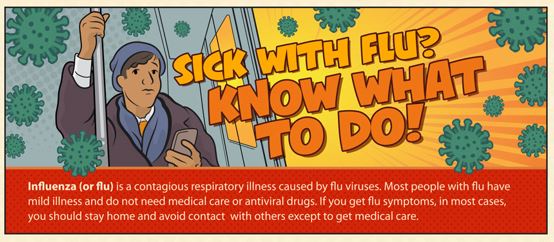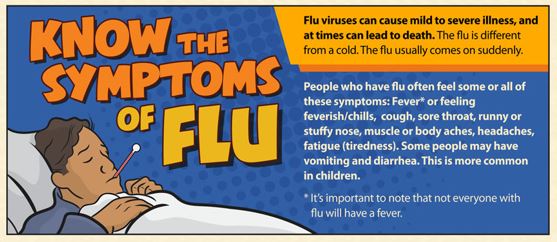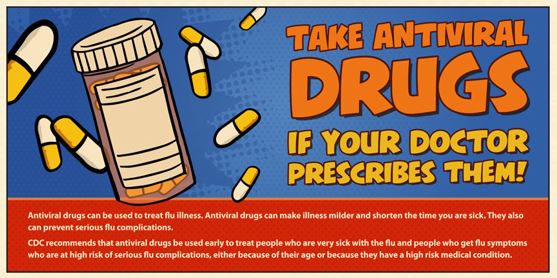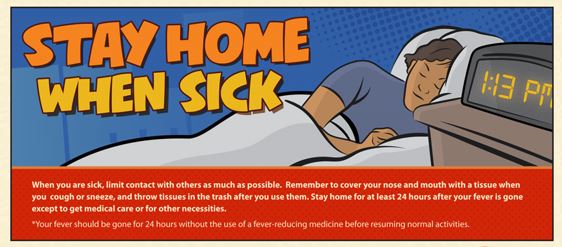
Cold, Flu or Covid?
As the new semester kicks into gear students will be in closer quarters and we may see an increase in transmissible illnesses like the cold, flu, and COVID-19, but these symptoms may be difficult to distinguish. UHS offers guidance on what to look for and how to treat your symptoms.
Call UHS for the following:
- Severe symptoms (fever greater than 103 fahrenheit, severe cough, or shortness of breath)
- Chronic conditions or if you are immunocompromised
- Symptoms for more than 7 days
What to do
- If you have mild cold and flu symptoms (see below) we recommend that you treat your symptoms with over the counter medications and stay home and isolate until you have no fever for 24 hours. The best way to prevent spread of upper respiratory viruses is to avoid unnecessary exposure and wear a high quality mask around others.
- If you are concerned about COVID-19 and have mild symptoms rapid antigen tests are available over the counter. If you want to be tested for COVID-19 at the Health Center please call 412-268-2157 option 2 to schedule.
- If you are negative for COVID, it is possible you have the flu or a cold.
- If you are positive for COVID, please see this page or the CDC for further guidance.
- You do not have to be seen by a medical provider for the flu, cold, or COVID-19 unless you are severely ill or short of breath.
- Please wear a facial covering around others until you are symptom free.
- Wash your hands often to keep from spreading germs to others.
- Drink lots of fluids and take acetaminophen or ibuprofen as needed for pain and/or fever.
- Feel free to call UHS nurses to ask for advice (412-268-2157, option 2).
For more information about COVID19 care at UHS visit our services and fees page.
Vaccines
The flu vaccine is available to students at UHS and covered by the student health insurance plan (SHIP). See our services and fees page for cost without SHIP. If you do not have the SHIP, check with your insurance company to see if the vaccine is covered.
Vaccination appointments can be scheduled online via HealthConnect, appointments available daily.

Sick with the flu? Know what to do!
Influenza (or flu) is a contagious respiratory illness caused by flu viruses. Most people with flu have mild illness and do not need medical care or antiviral drugs. If you get flu symptoms, in most cases, you should stay home and avoid contact with others except to get medical care.

Know the Symptoms of Flu
Flu viruses can cause mild to severe illness, and at can lead to death. The flu is different from a cold. The flu usually come on suddenly.
People who have the flu often feel some or all of these symptoms: fever* or feeling feverish/chills, cough, sore throat, runny or stuffy nose, muscle or body aches, headaches, fatigue (tiredness). Some people have vomiting and diarrhea, which is more common in children.
*It's important to note that not everyone with flu will have a fever.

Take antiviral drugs if your doctor prescribes them.
Antiviral drugs can be used to treat flu illness. Antiviral drugs can make illness milder and shorten the time you are sick. They also can prevent serious flu complications.
CDC recommends that antiviral drugs be used early to treat people who are very sick with the flu and people who get flu symptoms who are at high risk of serious flu complications, either because of their age or because they have a high risk medical condition.

Stay home when sick.
When you are sick, limit contact with others as much as possible. Remember to cover your nose and mouth with a tissue when your cough or sneeze, and throw tissues in the trash after you use them. Stay home for at least 24 hours after your fever is gone except to get medical care or for other necessities.
Your fever should be gone for 24 hours without the use of a fever-reducing medicine before resuming normal activities.
| SIGNS & SYMPTOMS | COLD | FLU | COVID |
|
Symptom onset |
Gradual | Abrupt | Variable |
| Fever | Rare | Usual | Usual |
| Aches | Slight | Usual | Usual |
| Chills | Uncommon | Fairly common | Variable |
|
Fatigue, weakness |
Sometimes | Usual | Sometimes |
| Sneezing | Common | Sometimes | Rarely |
| Chest discomfort, cough | Mild to moderate | Common | Usual (dry) |
| Stuffy nose | Common | Sometimes | Usual |
| Sore throat | Common | Sometimes | Usual |
| Headache | Rare | Common | Usual |
| Loss of taste or smell | Sometimes | Uncommon | Usual (early) |
